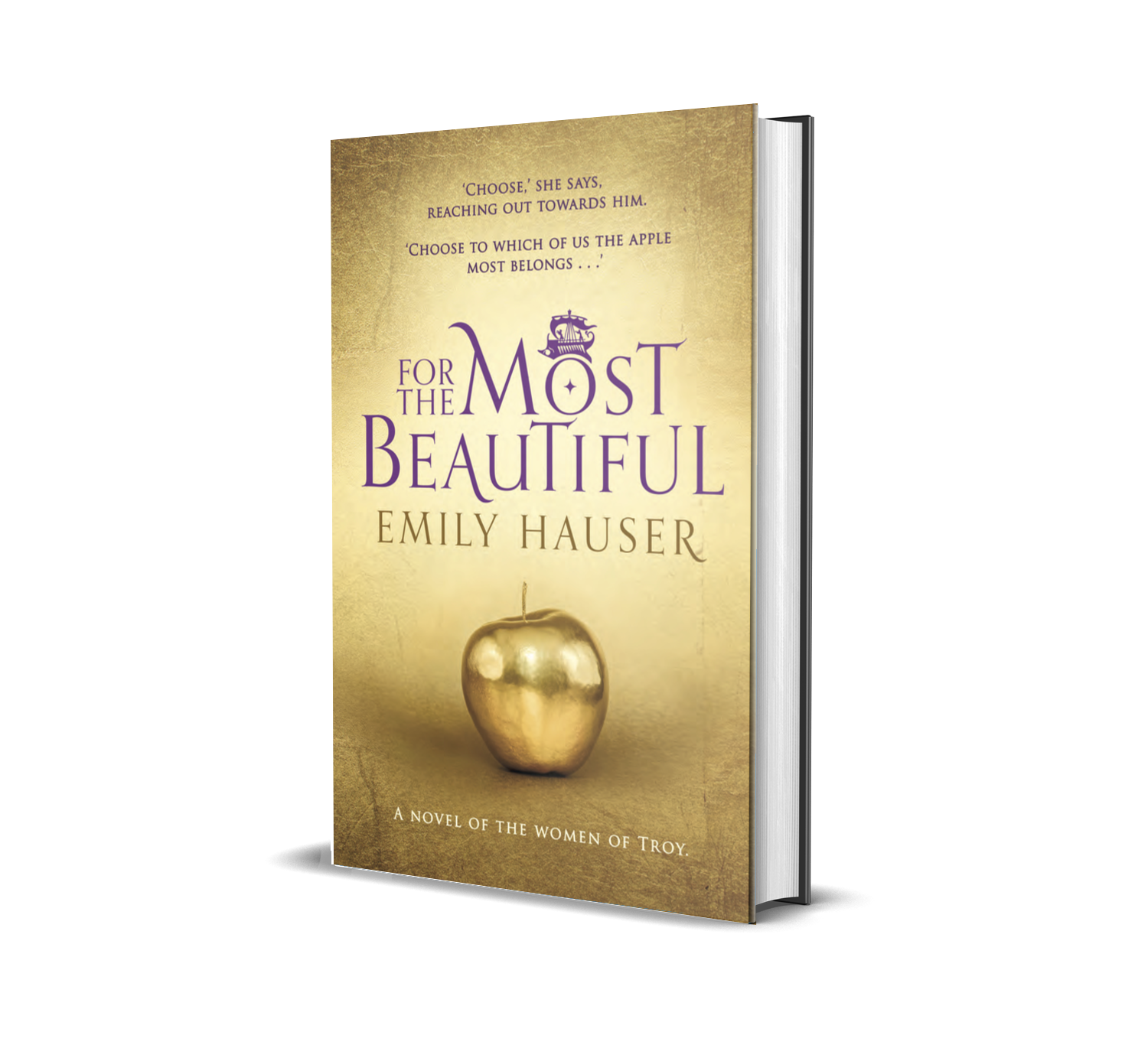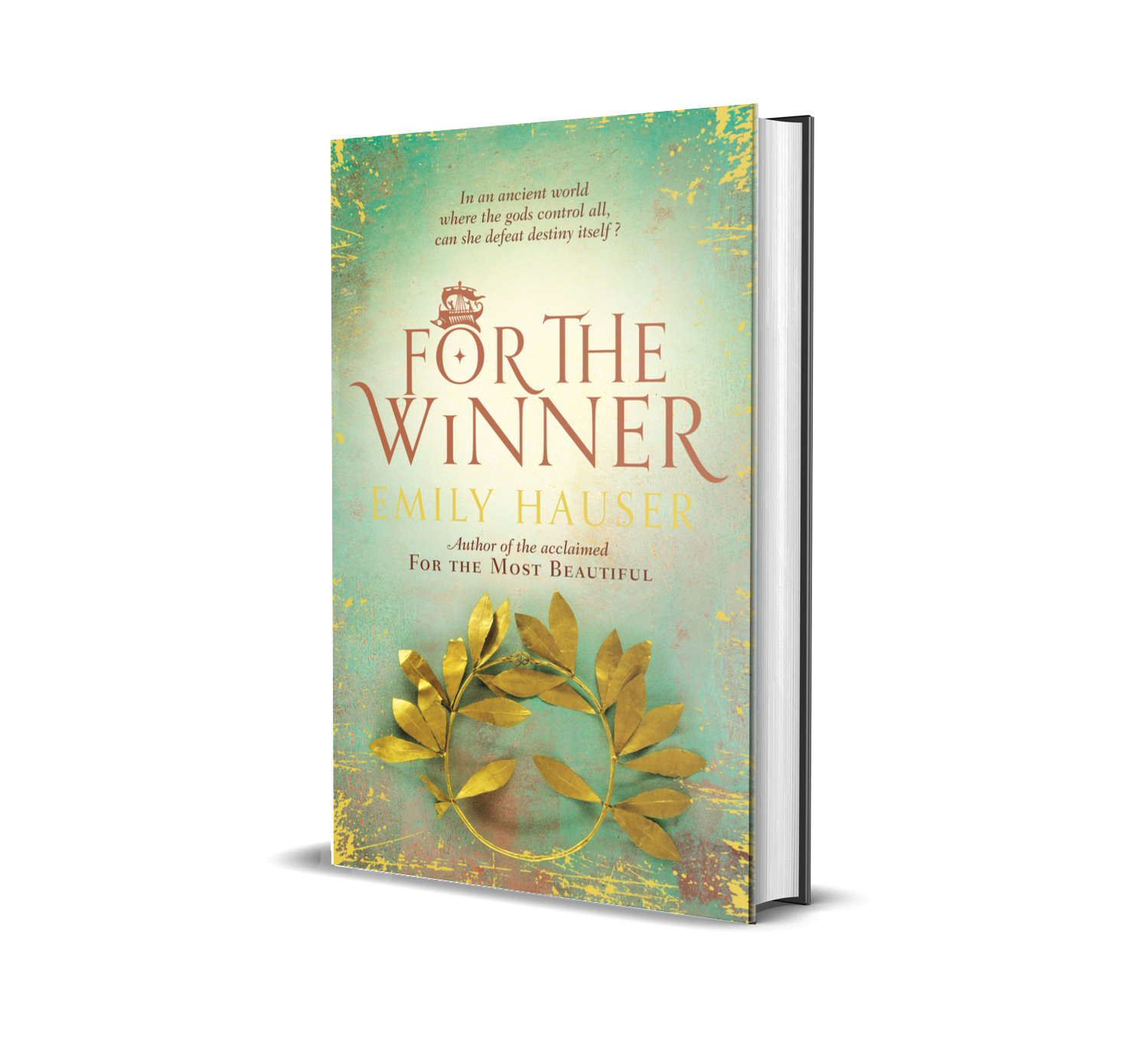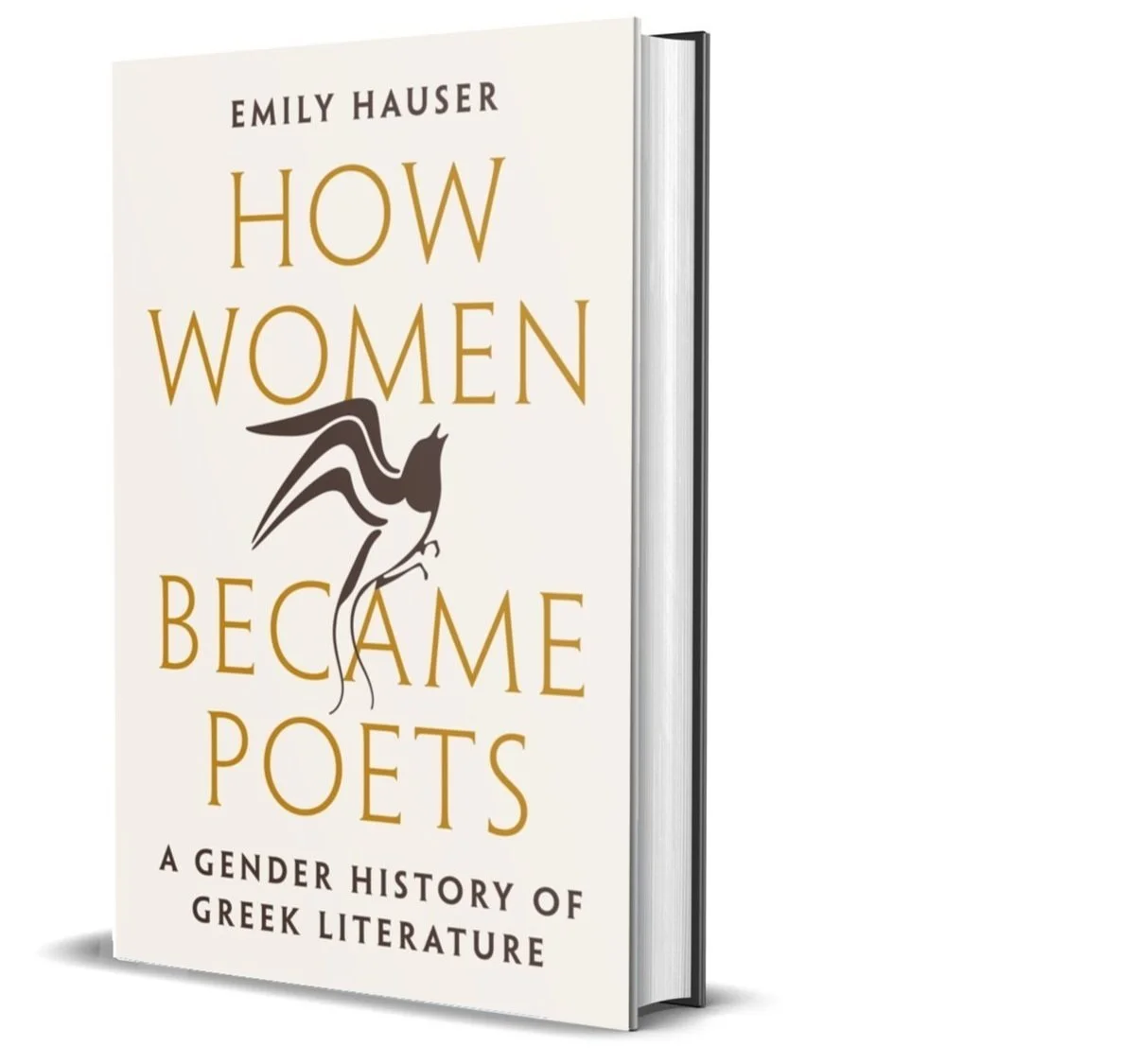M y t h i c a
(PENELOPE’S BONES in the US)
From the shadows of Greek myth rise the women of history.
Their voices were silenced: but their bones can be found. Take a journey through Homer's epics charted entirely by the real women behind the legends – because their remarkable lives were more than myths, and their stories need to be told . . .
F o r T h e M o s t
B e a u t i f u l
The must-read novel for fans of Madeline Miller, Pat Barker and Natalie Haynes
Three thousand years ago a war took place that gave birth to legends – to Achilles, the greatest of the Greeks, and Hector, prince of Troy. It was a war that shook the very foundations of the world. But what if there was more to this epic conflict? What if there was another, hidden tale of the Trojan War? Now is the time for the women of Troy to tell their story . . .
F o r T h e
W i n n e r
Some 3,000 years ago, in a time before history, the warriors of Greece journeyed to the ends of the earth in the greatest expedition the world had ever seen.
One woman fought alongside them.
F o r T h e I m m o r t a l
Thousands of years ago, in an ancient world where the gods control all and heroes fight to have their names remembered down the ages, two extraordinary women become entangled in one of the greatest heroic tales of all time. . .
. . . and must face how much they are willing to risk for immortality.
As battle lines are drawn between the Greeks and the Amazons, two women soon learn the inevitable truth – in war, sacrifices must be made; especially if they are to protect the ones they love most . . .
H o w W o m e n B e c a m e P o e t s
How the idea of the author was born in the battleground of gender.
Why was there no word for ‘female poet’ in ancient Greek for hundreds of years? How was it that Sappho – the most famous woman poet of ancient Greece – had no words to talk about who she was and what she did? This book radically rewrites the story of Greek literature as a history of gender, arguing that the ways the Greeks talked about their identity as poets constructed, played with, and broke down gender expectations that literature was for men alone.






